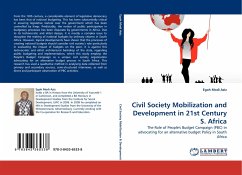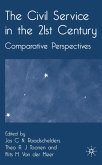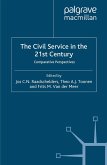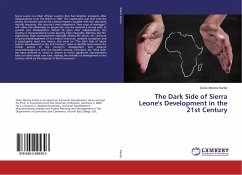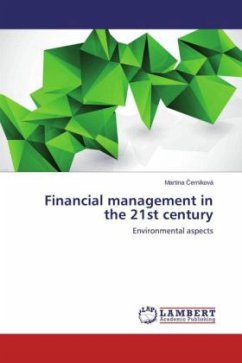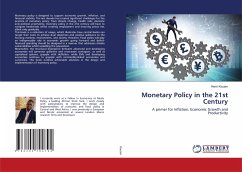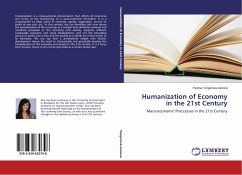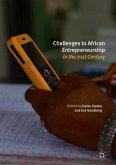From the 18th century, a considerable element of legislative democracy has been that of national budgeting. This has been substantially critical in assuring legislative statute over the government which has been controlled by kings. Predictably, the notion of public participation in budgetary processes has been disparate by governments in Africa. Due to its technocratic and elitist design, it is mostly a complex issue to recognise the making of national budgets by ordinary citizens in South Africa. However, topical developments have shown that the processes of creating national budgets should consider civil society's role particularly in evaluating the impact of budgets on the poor. It is against this technocratic and elitist architectural backdrop of the state, regarding public budgeting and implementation, which this study employs the People's Budget Campaign as a unique civil society organisation advocating for an alternative budget process in South Africa. This research has used a qualitative method in analysing data collected from primary and secondary sources, semi-structured interviews, as well as direct and participant observation of PBC activities.
Bitte wählen Sie Ihr Anliegen aus.
Rechnungen
Retourenschein anfordern
Bestellstatus
Storno

